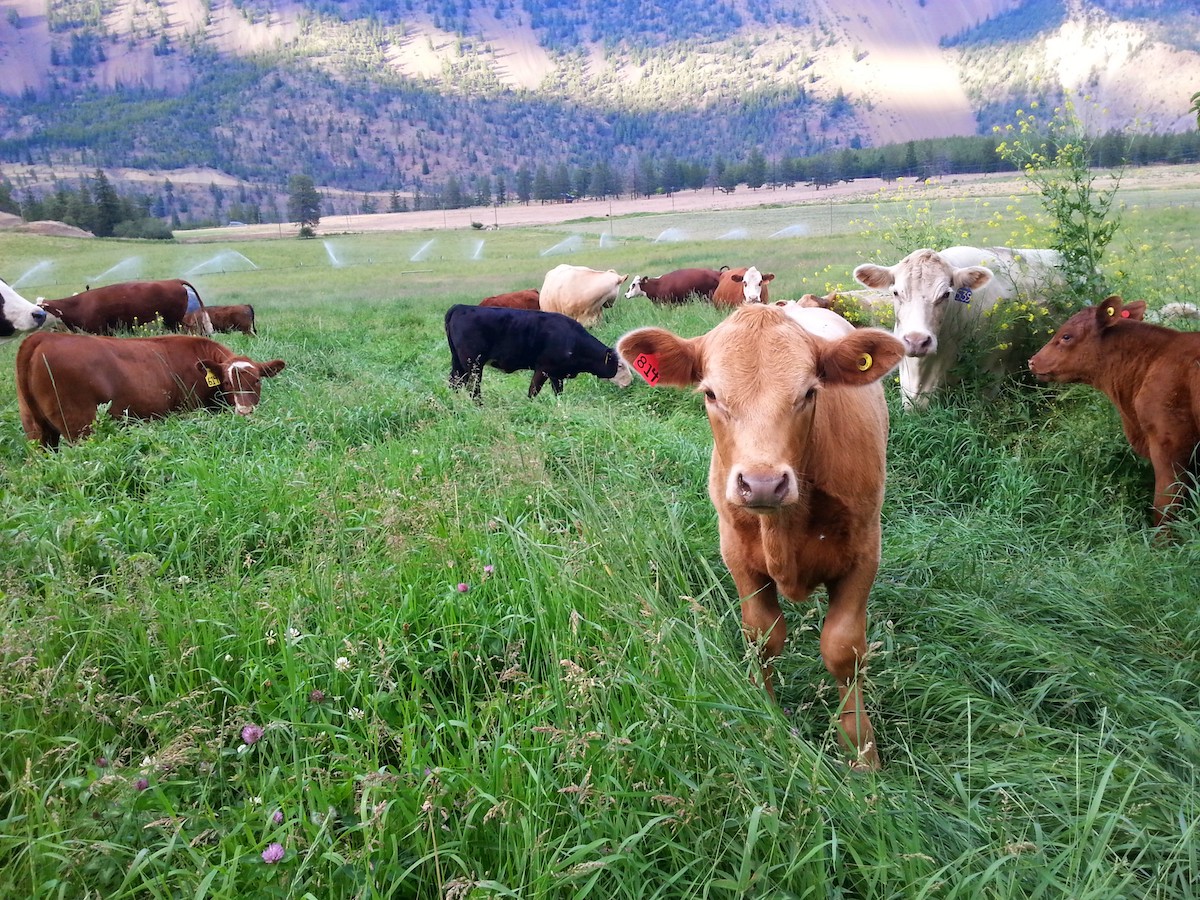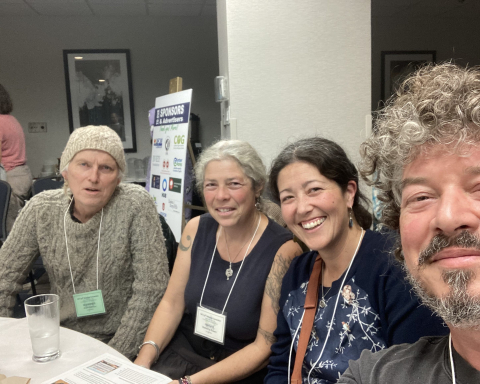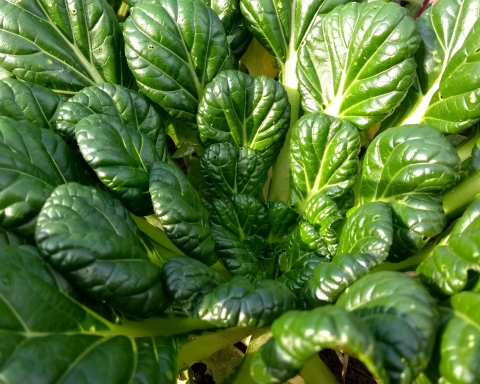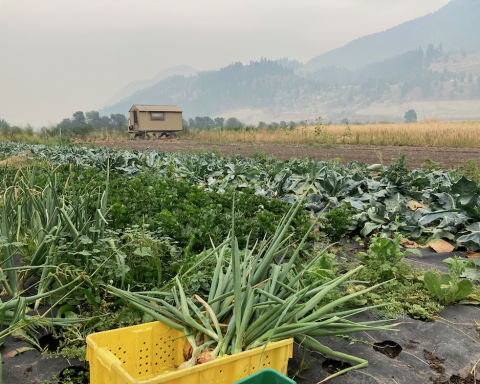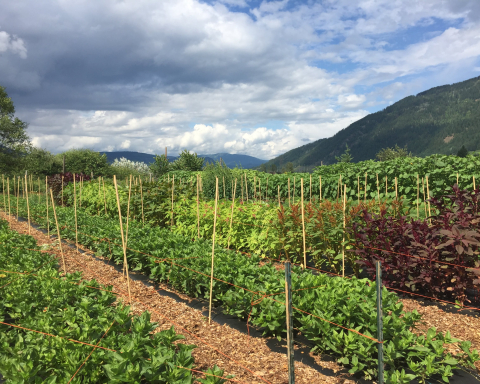By Ava Reeve
Drive down any rural road in this province and you’re sure to pass cattle on the range, a flock of sheep, or mobile pens for pastured poultry. Small-scale livestock production has a long tradition in BC, and has been reinvigorated in recent years with practices such as rotational grazing and regenerative agriculture that allow for significant meat production without industrial practices. Demand also seems to be growing for local and sustainable meats.
But are there really enough of these small producers to play a serious role in BC’s economy today? And how much potential does this industry have for the future?
Associations representing commercial livestock producers collect data on their own members – those producing over 300 hogs with BC Pork, for example. Commodity producers also enjoy the benefits of their association’s advocacy, and commerce support from marketing boards.
Meanwhile, producers selling directly to consumers, raising multiple livestock species, or simply operating at a smaller scale have lacked a collective voice in provincial conversations about agricultural policies. And little is known about the current scale and potential capacity of these producers.
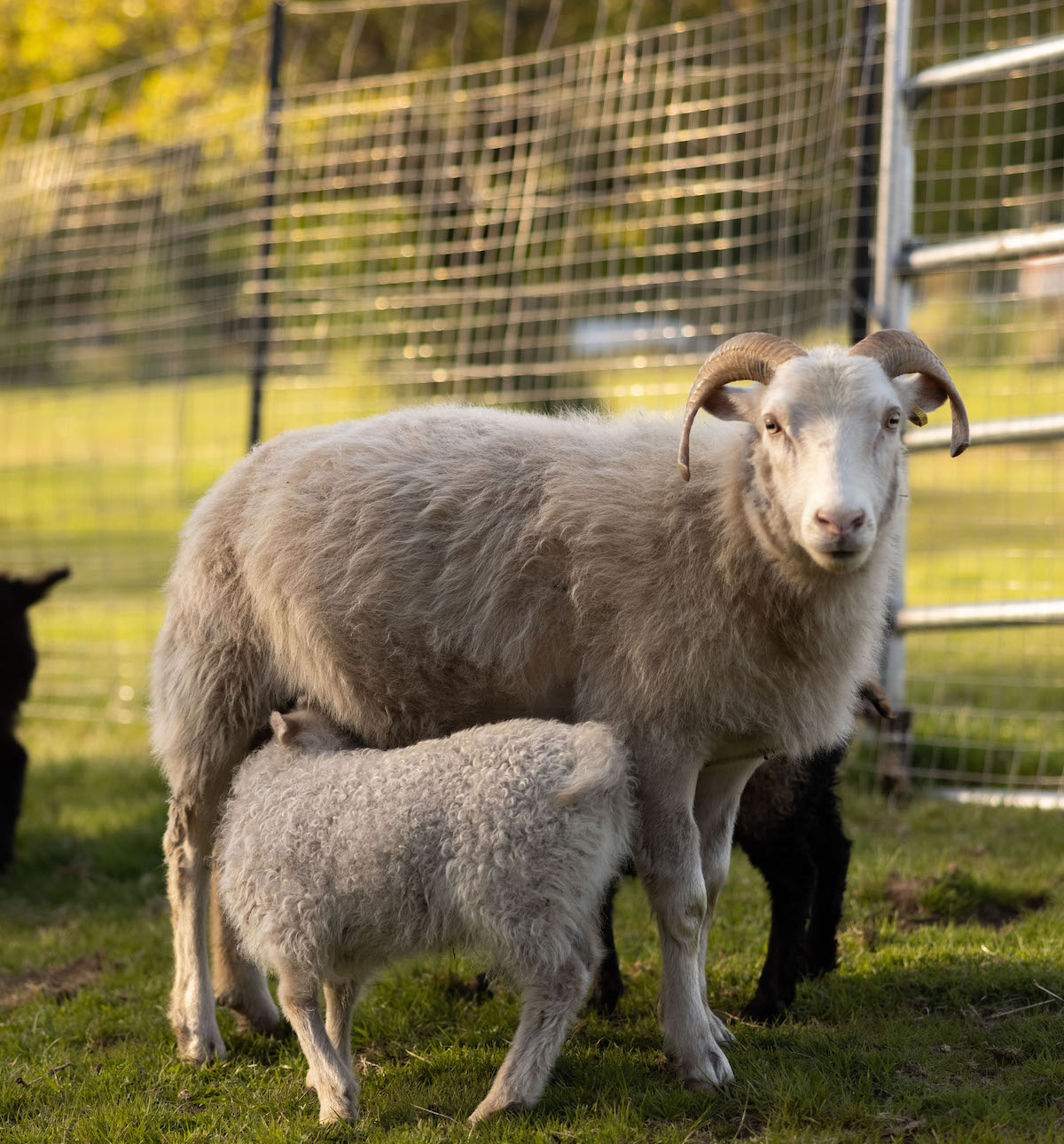
The Small-Scale Meat Producers Association (SSMPA) aims to address both of these issues. In spite of a diversity of livestock types and sizes of operations, the organization says that its members are united by operating without the supports of the existing commodity associations or marketing boards.
SSMPA was established by a group of farmers and ranchers in 2017, and its membership now includes representation from all livestock sectors. “The Small-Scale Meat Producers Association represents British Columbia farmers and ranchers who are raising meat outside of the conventional, industrial system,” reads the SSMPA website home page.
This might include a pork producer raising 200 hogs per year, and all poultry producers who sell direct to consumer. It can also include cow-calf operations that process a few cull cows for sale to friends and neighbours, even if they otherwise primarily sell at auction.
It has also succeeded in becoming recognized in consultations and conversations with the BC Ministry of Agriculture, Food and Fisheries, such as in the development of changes to on-farm slaughter licensing that the province recently announced.
Julia Smith of Blue Sky Ranch near Merritt is the President of SSMPA. “We’re happy with the regulatory changes,” she says of the announcement. But, she notes, “There’s more work to be done to build a thriving small-scale meat industry.”
Including Smith, SSMPA’s founding members were selling their meat products directly to members of their communities, rather than through a marketing board or distributor, and feeding communities in the process. And their experience was that their industry was growing.
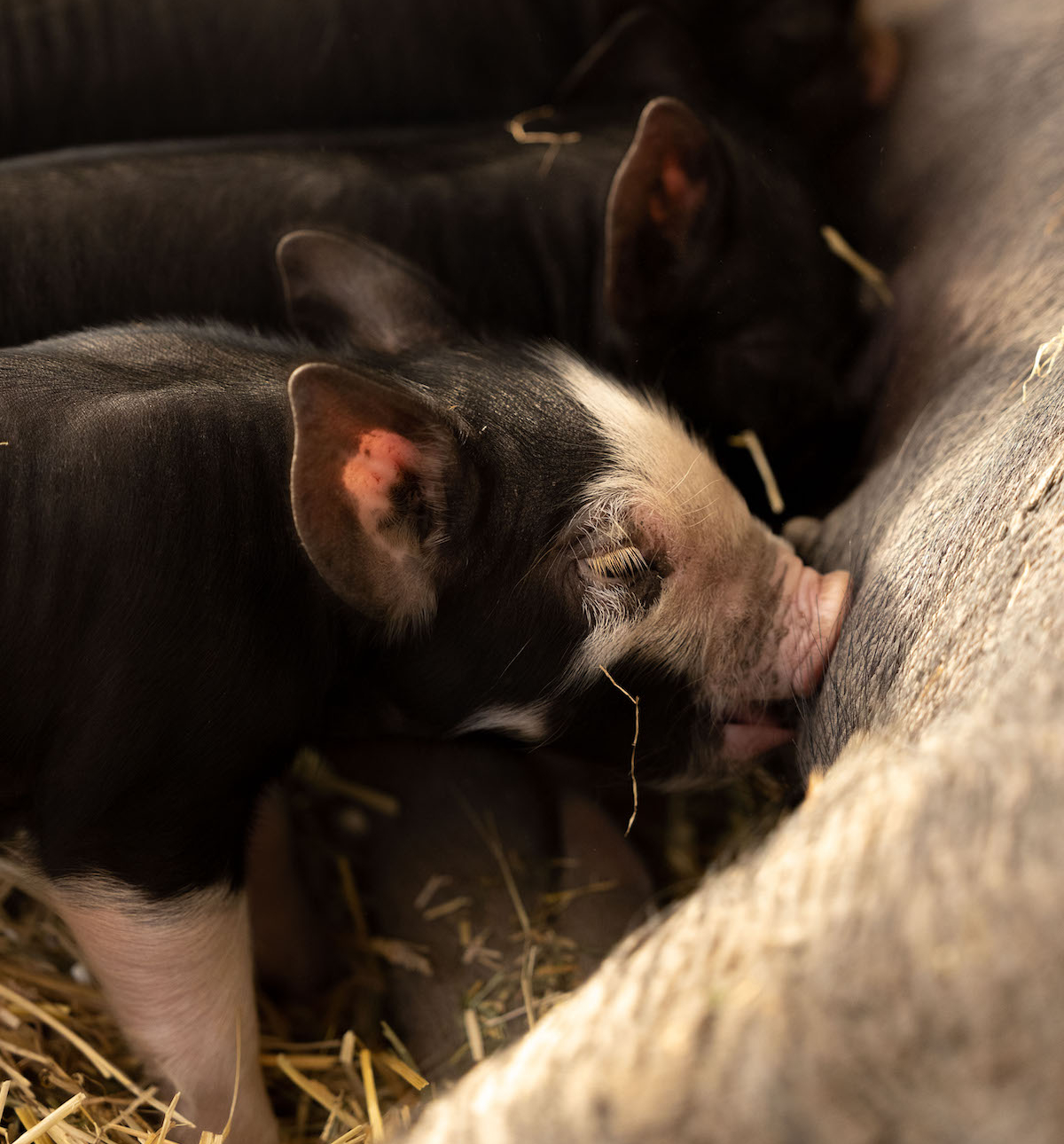
Smith raises a rare heritage breed of hog as well as a small herd of cattle on pasture. Selling directly has helped her see better margins than many commercial producers, where processors and retailers realize the lion’s share of the profit.
The demand for her product has been enough to enable Smith to grow her operation, from raising just two pigs in her first year, to running a farrow-to-finish operation with fourteen sows and two boars just four years later. She has supplied meat and other farm products to hundreds of British Columbians and currently has a waitlist for both meat and breeding stock.
Smith says this experience is repeated across the province. “We know that a small-scale operation can contribute to food security and the local economy. What we don’t know is the cumulative potential of producers like this spread all over the province – or their specific barriers to reaching that potential.”
She says information like this hasn’t been available because the right questions weren’t being asked. This summer, SSMPA launched a comprehensive survey of meat producers. She says the resulting information will help the organization define its policies and priorities to support these producers moving forward.
The province seems to agree that the industry has promise; many of the new changes to the slaughter regulations had been advocated for by SSMPA for years. Smith believes the number of producers that could be affected by policies like this is in the thousands. And they should all be giving their two cents to SSMPA.
“Everyone who processes at a provincially-inspected abattoir or on-farm should be participating in this survey,” she says. “Tell us: What is your path to growth? What obstacles do you need to overcome in order to reach your goals?”
At Blue Sky Ranch, Smith’s own goal was to produce just under 300 hogs per year. But the operation met with processing roadblocks at 125 hogs.
“We’re not the only operation that isn’t reaching its full capacity,” says Smith. “SSMPA is using the survey to document this. We want to know what would happen if we could create the conditions for successful operations across the province. For example, how many abattoirs would need to be built before producers could book the slaughter dates they need, with enough reliability to scale their businesses?”
“We’re connecting the dots, but without data to prove our case we won’t get the resources and support to let our industry thrive.”
Smith emphasizes that this survey is an independent project. “SSMPA is a producer-led organization and our mandate is to look out for producers,” she says. “We’ve gone to great lengths to protect the anonymity of survey participants and we will not be sharing survey responses or any other raw data with government, or anyone else.”
For an added incentive SSMPA connected with BC-based fencing company FenceFast, which has offered a $25 discount to every current producer who participates. Smith says FenceFast recognized the potential. “Really, this is just an example of the ripples of impact that can come from growing a locally-based industry like this.”
She adds, “We might be surprised at the opportunities being squandered because of challenges that are within our capacity to address. Even producers might be taken aback. We hope that there will be findings in our report that invigorate and inspire producers with a vision of what could be possible. We have so many people who want to enter this industry. Imagine the impact if these producers will have a fair chance at success.”
The survey is open until September 10, 2021 and can be accessed at smallscalemeat.ca/survey or it can be completed over the phone by appointment at 250-999-0296. SSMPA can also be reached at info@smallscalemeat.ca.
SSMPA is conducting regional focus groups in mid-September to dig deeper into potential solutions to the problems identified through the survey. By early 2022 they will be releasing a report on their findings, and announce how they will ensure that their own programming is geared to meet the needs of its membership.
Producers – and all supporters of local and sustainable meat production – are invited to join SSMPA by signing up for a membership.
Ava Reeve is the Executive Director of the Small-Scale Meat Producers Association, where she gets to pursue her passion for the sustainable practices that result in a high quality of life for both livestock and people.
Featured image: Spray Creek Ranch Cattle. Credit: Small Scale Meat Producers Association.


